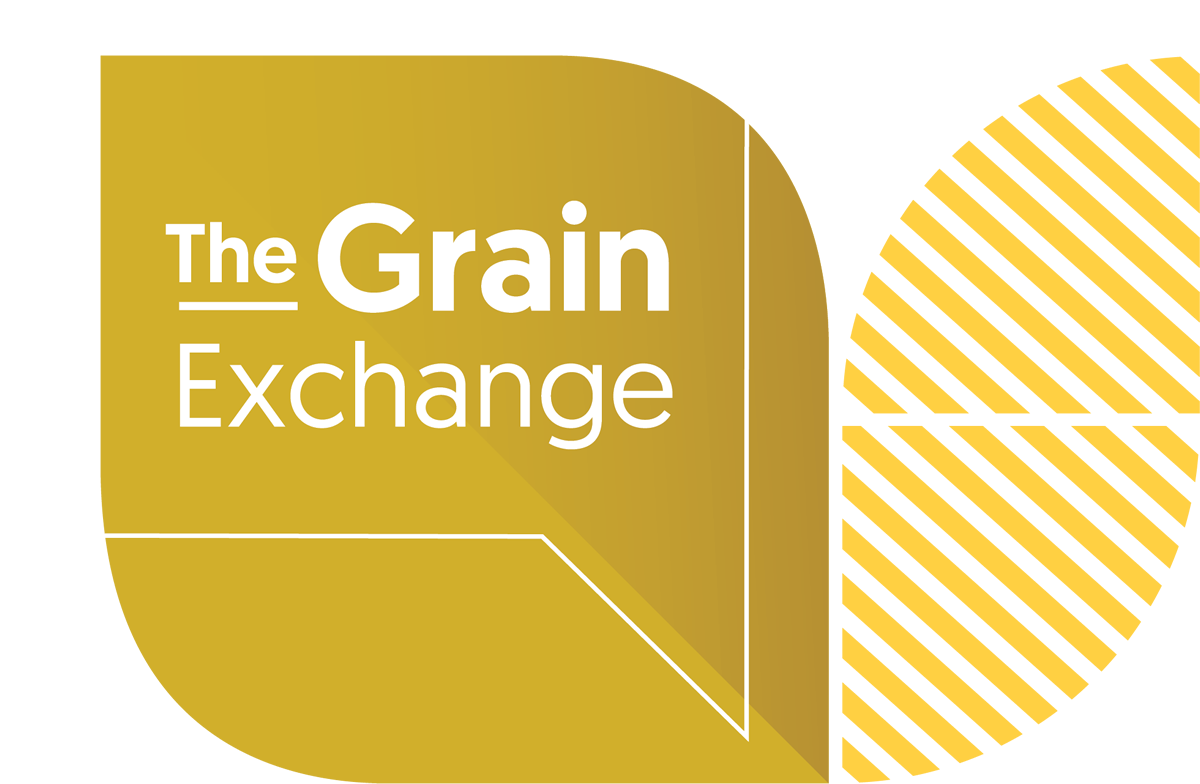Collaboration benefits Canadian wheat farmers
With the recent formation of research collaborations across Canada, we are seeing historical investments into cereal innovation. When the Western Canadian Deduction, a wheat and barley check-off that was collected across the Prairies, was nearing its end in 2017, the prairie provinces anticipated a gap in the funding of varietal development research, and a need for greater collaboration and coordination of research efforts. This recognition resulted in the creation of the Canadian Wheat Research Coalition (CWRC).
The CWRC is a revolutionary development for prairie research. The Alberta Wheat Commission (AWC), Saskatchewan Wheat Development Commission and the Manitoba Crop Alliance came together to support varietal development research. The CWRC has no dedicated staff and is supported solely by the three commissions. On a three-year rotation, each commission takes on the role of the “host” of CWRC, which supports the coalition by providing a president to lead conversations with stakeholders, accounting support to manage investments, and communications support to ensure that farmers and the broader industry are aware of opportunities and coalition efforts.
Today, AWC is proudly leading the way into 2021 with director of research, Dr. Lauren Comin, taking the role of CWRC president, and AWC directors Janine Paly, Jason Lenz, and Jason Saunders representing the commission on the CWRC board.
A $22.6 million core breeding agreement with Agriculture and Agri-Food Canada and a $9.6 million agreement with University of Saskatchewan’s Crop Development Centre initiated the first waves of movement within the CWRC that will see the expansion of capacity in variety development. Currently, the CWRC is busy exploring additional five-year breeding agreements with the University of Alberta and the University of Manitoba as well as continuing collaborations with SeCan which were announced in September 2020. Since then, a steering committee has been established between AAFC, SeCan and the CWRC and initial gaps within the variety development chain have been identified. Looking forward, the CWRC will be pursuing engagements with stakeholders and funders to discuss these gaps.
Throughout these activities, there is significant weight held by the voice of wheat farmers. With the ever-evolving list of demands from both national and international wheat customers, collaborations such as the CWRC will equip the research sector to deliver advanced genetics to keep western Canadian farmers competitive.
Going forward, prairie wheat farmers can expect to hear more about the CWRC’s ongoing efforts and updates as they arise. We encourage Alberta wheat farmers to stay informed or learn more by visiting our CWRC website at wheatresearch.ca.

